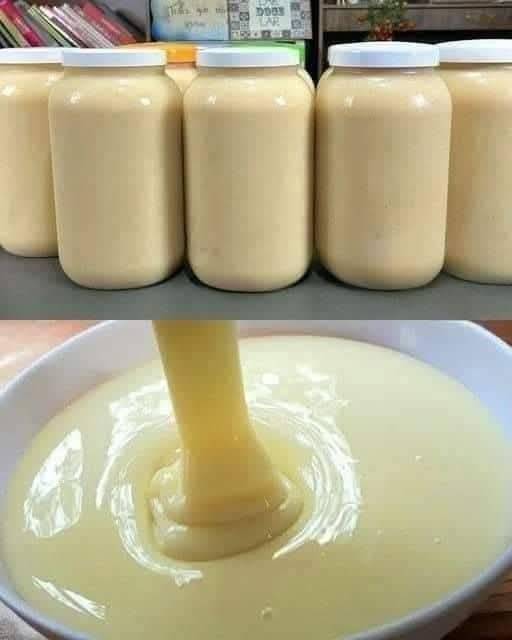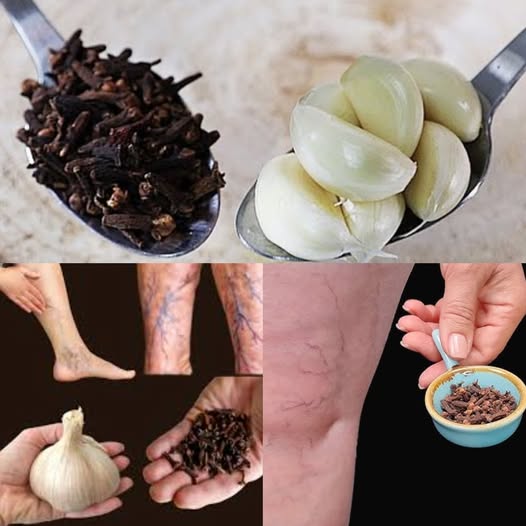Introduction

Mucus buildup in the lungs and throat can be frustrating and uncomfortable, leading to congestion, coughing, and even difficulty breathing. Whether caused by allergies, infections, or environmental irritants, excess mucus can affect daily life and overall well-being. Fortunately, there are proven natural and medical remedies that can help clear phlegm, making breathing easier and improving respiratory health.
In this comprehensive guide, we’ll explore the best methods to eliminate mucus from your lungs and throat, address frequently asked questions, and provide actionable steps for fast relief. Read on to discover effective strategies to clear your airways and regain comfort.
Understanding Mucus and Phlegm: Why Does It Build Up?
Mucus plays a critical role in trapping dust, bacteria, and viruses, preventing them from entering your lungs. However, when it becomes excessive, it can lead to congestion and discomfort.
Common Causes of Excess Mucus:
- Respiratory Infections – Colds, flu, and bronchitis can cause an overproduction of mucus.
- Allergies – Pollen, dust, and pet dander can trigger excessive mucus production.
- Smoking and Air Pollution – Irritants from smoke or pollution lead to mucus buildup.
- Acid Reflux – Stomach acids can irritate the throat, causing phlegm.
- Dehydration – Thick mucus forms when the body lacks sufficient fluids.
How to Naturally Eliminate Mucus and Phlegm
1. Stay Hydrated
Drinking plenty of fluids helps thin mucus, making it easier to expel.
- Recommended: Warm water, herbal teas, broths, and clear soups.
- Avoid: Sugary drinks and alcohol, which can cause dehydration.
2. Use Steam Therapy
Inhaling steam loosens thick mucus and soothes the airways.
- How to do it: Boil water, pour it into a bowl, and inhale the steam with a towel over your head.
- Enhance it with: Eucalyptus or peppermint essential oils for extra relief.
3. Gargle with Salt Water
A saltwater gargle helps reduce throat irritation and removes trapped phlegm.
- Recipe: Mix 1 teaspoon of salt in warm water and gargle for 30 seconds.
4. Try Natural Expectorants
Certain foods and remedies act as expectorants, breaking up mucus naturally.
- Best Choices: Honey, ginger, lemon, garlic, and pineapple juice (contains bromelain, which reduces mucus).
5. Maintain a Healthy Diet
A diet rich in anti-inflammatory foods can prevent mucus buildup.
- Eat more: Leafy greens, turmeric, and omega-3-rich foods (salmon, walnuts).
- Avoid: Dairy, fried foods, and processed sugar, which can thicken mucus.
6. Elevate Your Head While Sleeping
Sleeping with your head elevated prevents mucus from pooling in your throat.
- Tip: Use an extra pillow or a wedge pillow for better drainage.
7. Practice Controlled Coughing
Instead of forceful coughing, practice controlled deep breathing and gentle coughing to clear phlegm more effectively.
Medical Treatments for Persistent Mucus
If natural remedies aren’t enough, medical interventions can help.
1. Over-the-Counter Expectorants
Medications like guaifenesin (Mucinex) help thin mucus, making it easier to cough up.
2. Nasal Irrigation (Neti Pot)
Flushing your sinuses with a saline solution removes irritants and excess mucus.
3. Prescription Medications
For chronic conditions like asthma or chronic bronchitis, a doctor may prescribe inhalers, steroids, or antibiotics if an infection is present.
4. Allergy Treatments
If allergies are causing mucus buildup, antihistamines or allergy shots may help reduce symptoms.
Frequently Asked Questions
1. Can dairy increase mucus production?
Yes, some people experience thicker mucus after consuming dairy due to casein protein, which can stimulate mucus production.
2. How long does mucus from a cold last?
Mucus buildup from a cold usually lasts 7–10 days but can persist longer if not properly managed.
3. What color mucus indicates infection?
- Clear: Normal or allergy-related.
- White: Mild congestion.
- Yellow or Green: Possible infection.
- Brown or Red: Could indicate blood from irritation or infection.
4. Is coughing up mucus a good sign?
Yes, coughing up mucus helps remove irritants and bacteria from your respiratory system.
5. When should I see a doctor?
If mucus lasts more than three weeks, is excessively thick, or is accompanied by fever, chest pain, or difficulty breathing, consult a healthcare provider.
Conclusion
Mucus buildup can be uncomfortable, but with the right natural and medical treatments, you can effectively clear your lungs and throat. By staying hydrated, using steam therapy, maintaining a healthy diet, and trying natural expectorants, you can reduce phlegm and improve respiratory health. If symptoms persist, seeking medical advice ensures proper treatment and prevention of complications.
By following these proven methods, you’ll breathe easier and feel better in no time. Try these remedies today and take control of your respiratory health!


